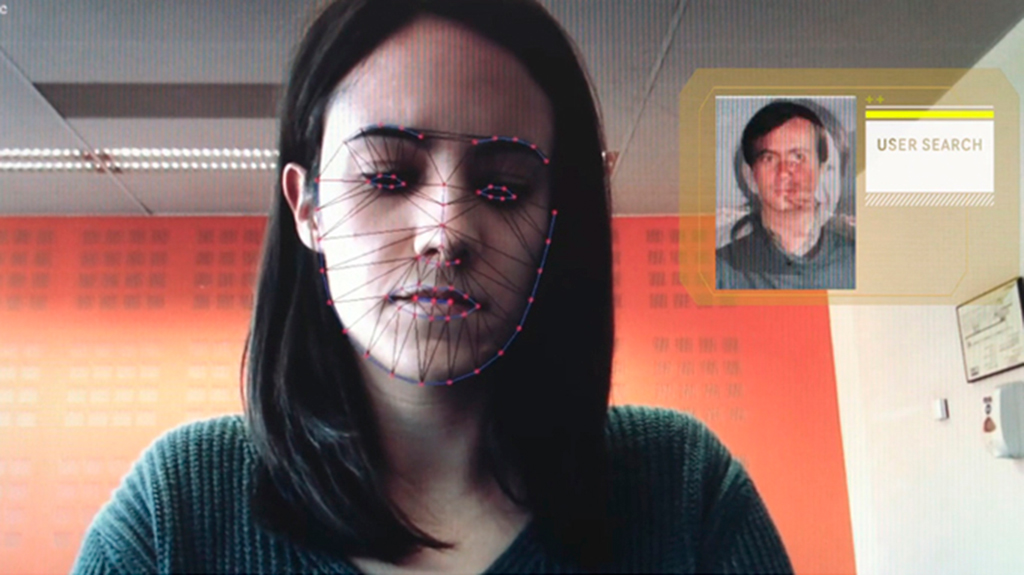23,000 university students and 500 professors take part in TeSLA e-assessment
The initiative aims to authenticate identity and authorship in e-learning activitiesThe process has met the university quality standards set out by the Catalan University Quality Assurance Agency (AQU), and the relevant ethical, legal and technological standards

Around 23,000 students, some of them with special education needs, and 500 professors from seven European universities, including the UOC, have taken part in the pilot tests of the European TeSLA project. Funded by the European Commission, this UOC-led initiative began in January 2016 with a view to combating plagiarism through the development of a system that would authenticate the identity and authorship of students during their activities and online exams.
“TeSLA aims to verify that the person sitting at the computer is who she says she is and that she is the one who has completed her activities,” said Ana Elena Guerrero, project coordinator and principal investigator with Technology-Enhanced Knowledge and Interaction Group (TEKING), a research group affiliated with the UOC's eLearn Center. The initiative, which will come to an end in March of next year, has a budget of over 7 million euros. “Throughout these years, we have run four pilot tests. We began the first with 600 students and we’ve completed the last with over 14,000 university students testing the system simultaneously,” she said.
During the pilot tests, the TeSLA system was applied to the assessment activities done by the students, with the incorporation of facial and voice recognition tools and other instruments that capture writing patterns, detect plagiarism and analyse language and writing style. “We decided to use tools that can be used by any student owning a normal computer with a built-in webcam and microphone,” said Xavier Baró, professor in the UOC Faculty of Computer Science, Multimedia and Telecommunications.
An instrument to ensure the quality of online education
This innovation project will have numerous contributions in education, such as establishing a European working framework for e-assessment (legal, educational and quality), and good practices guides. At the same time, “it aims to raise awareness of the need to reconsider course design to undertake quality online assessment,” said Guerrero.
Thanks to the expertise and multidisciplinary nature of the TeSLA consortium, the project has been able to work on teaching and learning processes in a cross-disciplinary way, thereby involving other aspects derived from them. “It is not simply a technology development initiative, but one that goes even further, dealing with legal parameters, such as data protection, university quality and ethics,” she said. In fact, the Catalan University Quality Assurance Agency (AQU) has checked compliance with university quality standards in the development and organization of the project's pilot tests.
Guerrero said that in the future the application of the TeSLA system in online and blended universities “could mean access to quality online education for all and an increase in the reputation and credibility of the qualifications and degrees awarded by universities”.
The most recent news about the project was presented at the seminar on online and blended programmes: quality assurance and assessment, organized by the AQU.
Who forms part of the TeSLA consortium?
There are eighteen partners totalling around sixty professionals.
Universities
- Universitat Oberta de Catalunya (UOC) – Spain
- University of Namur ASBL (UNamur) – Belgium
- Open Universiteit of the Netherlands (OUNL) – Netherlands
- Sofia University St. Kliment Ohridski (SU) – Bulgaria
- The Open University (OU) – United Kingdom
- Imperial College London (Imperial) – United Kingdom
- Technical University of Sofia (TUS) – Bulgaria
- Anadolu University (AU) – Turkey
- University of Jyväskylä (JYU) – Finland
- Institut Mines-Télécom (IMT) – France
Quality agencies
- European Network for Quality Assurance in Higher Education AISBL (ENQA) – Belgium
- Catalan University Quality Assurance Agency (AQU Catalunya) – Spain
- European Quality Assurance Network for Informatics Education EV (EQANIE) – Germany
Research centres
- National Institute of Astrophysics, Optics and Electronics (INAOE) – Mexico
- Idiap Research Institute (Idiap) – Switzerland
Technology firms
- LPLUS GmbH – Germany
- Protos Sistemas de Información, S.L. (protOS) – Spain
- WFSW SA (Watchful) – Portugal
Press contact
-
Editorial department
